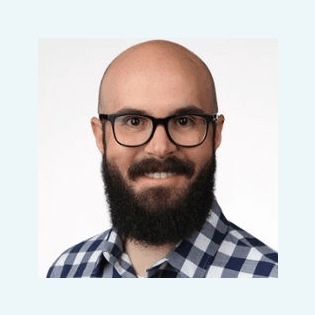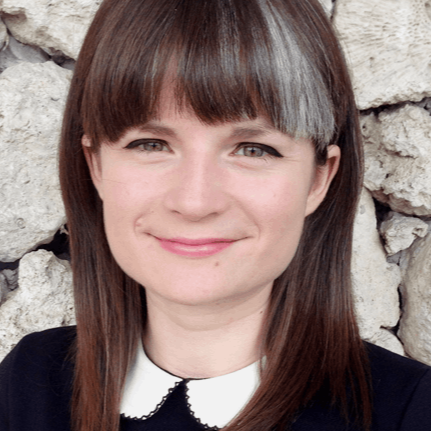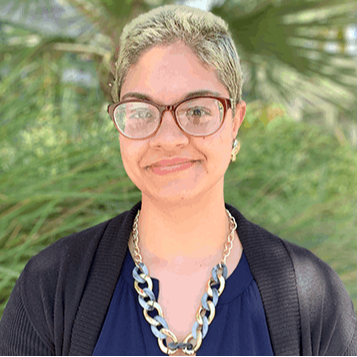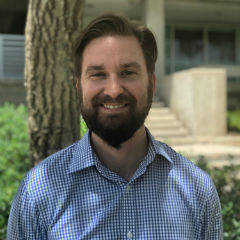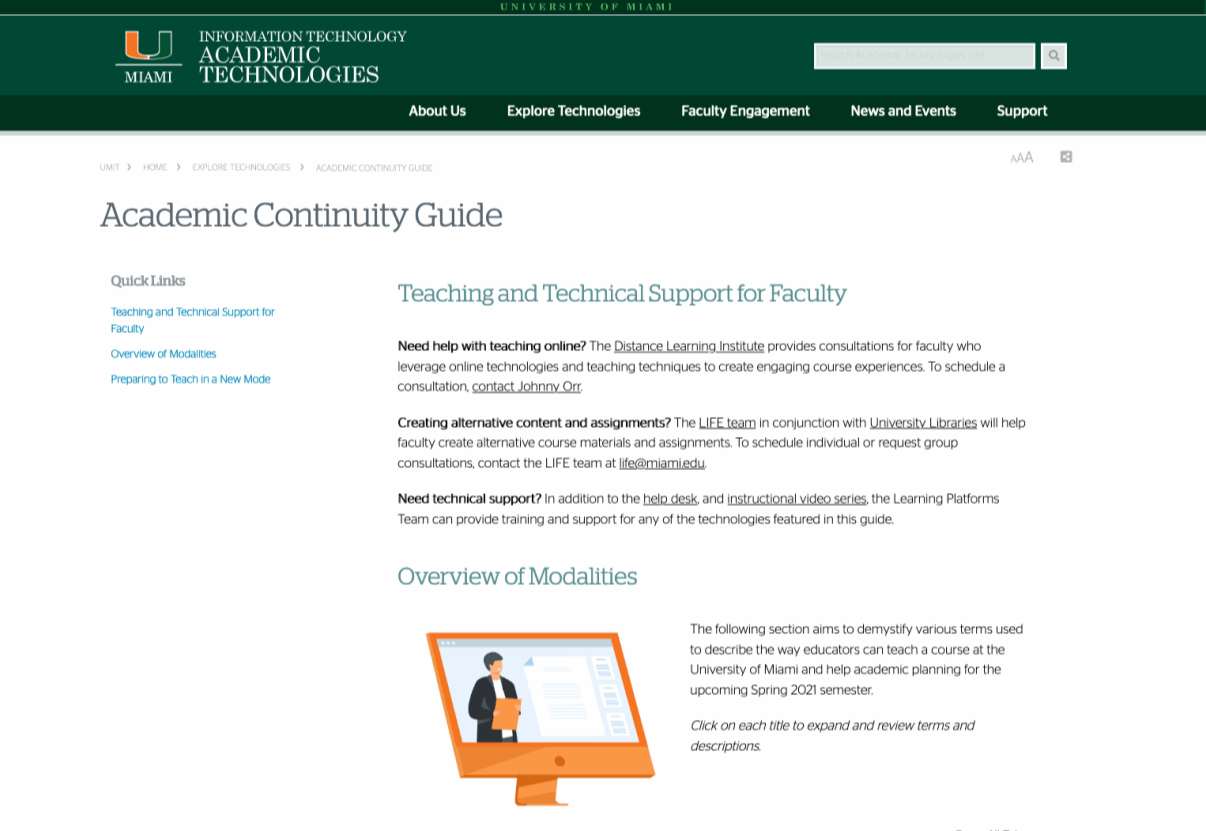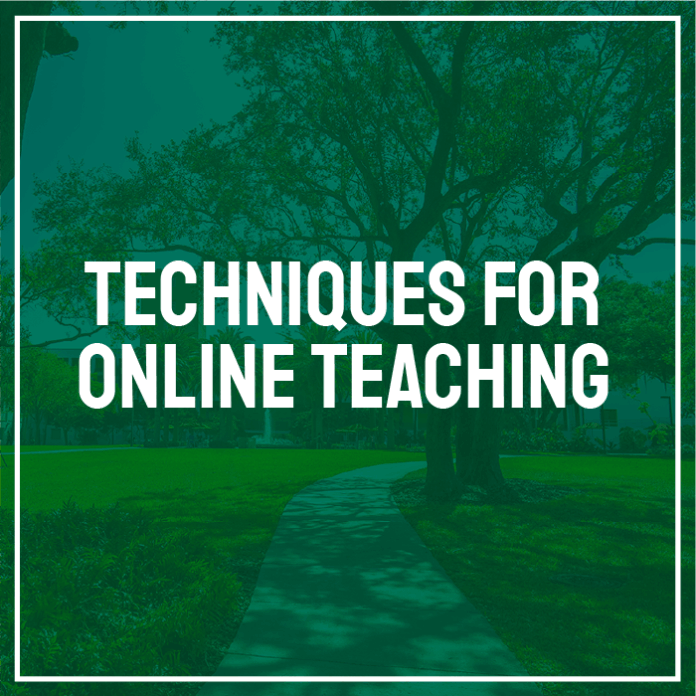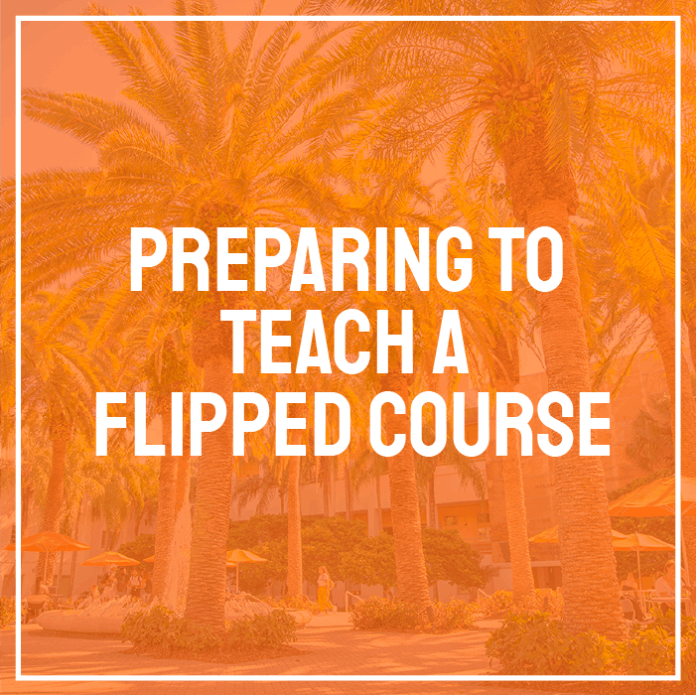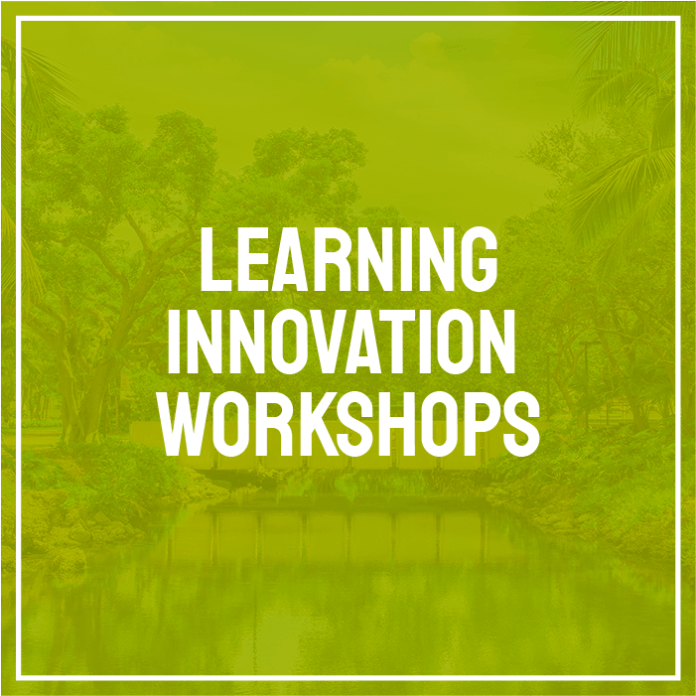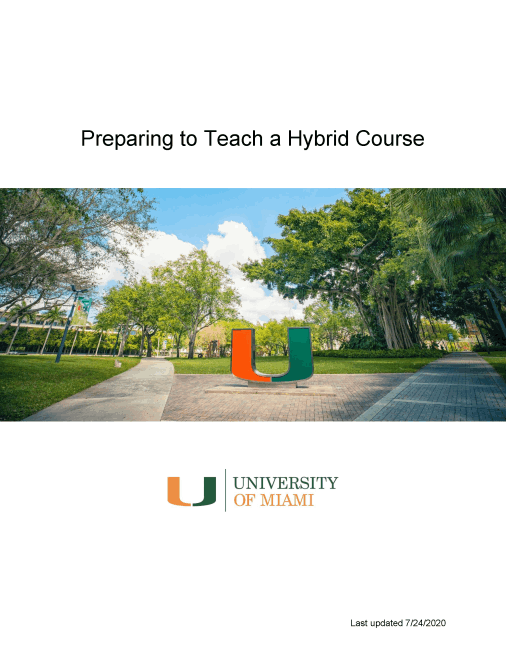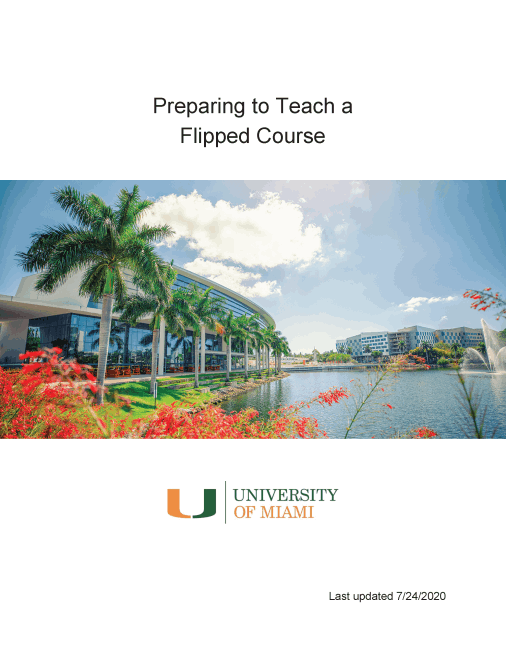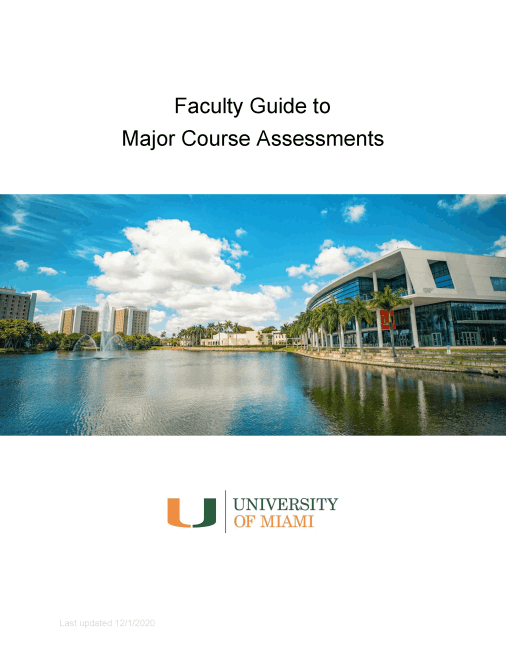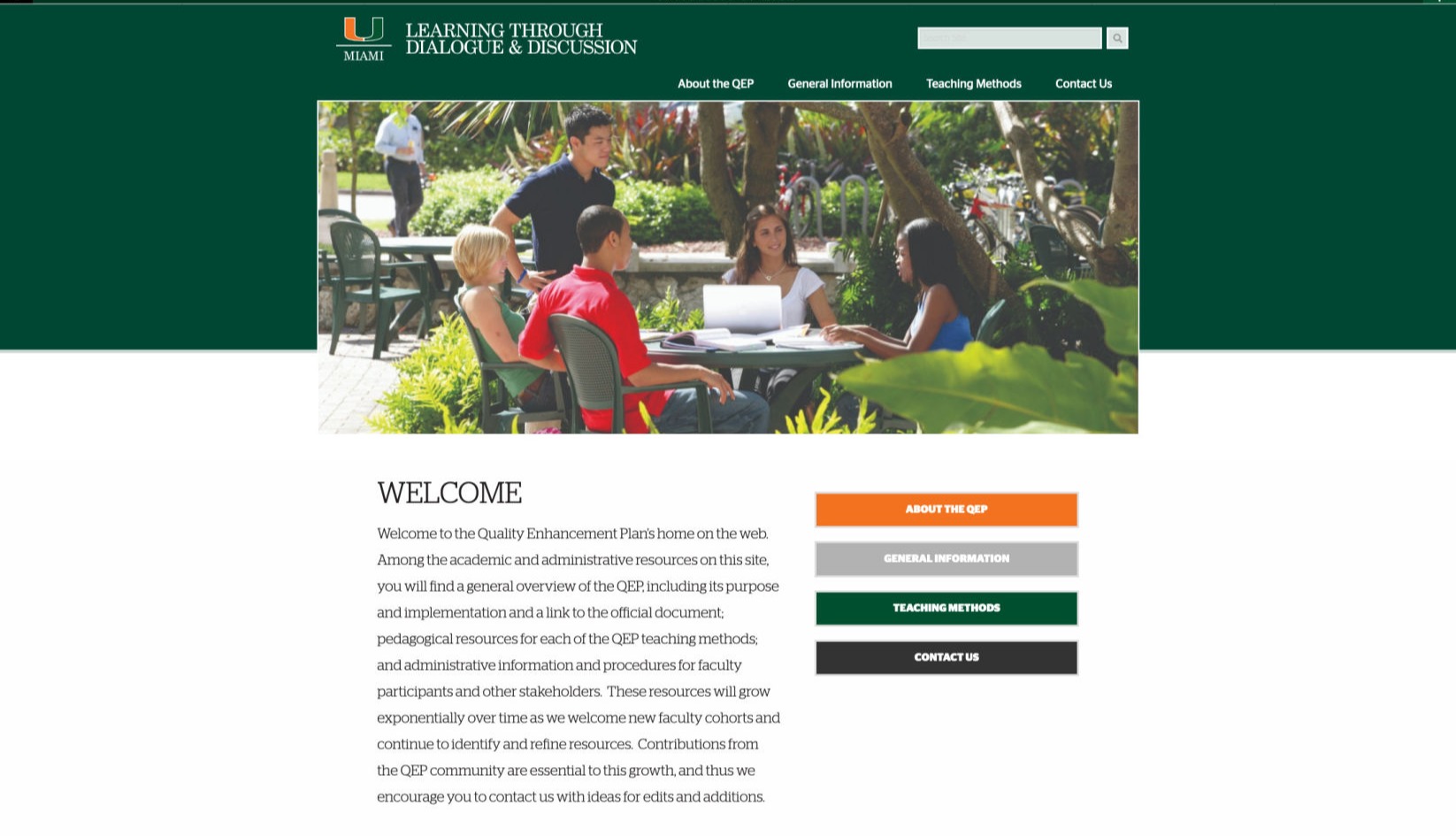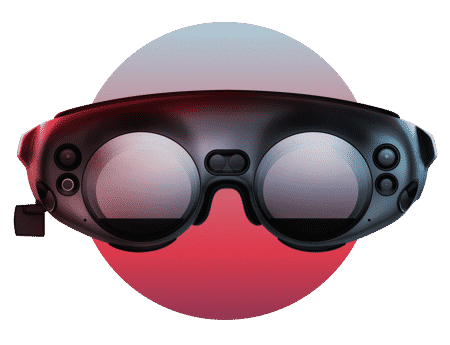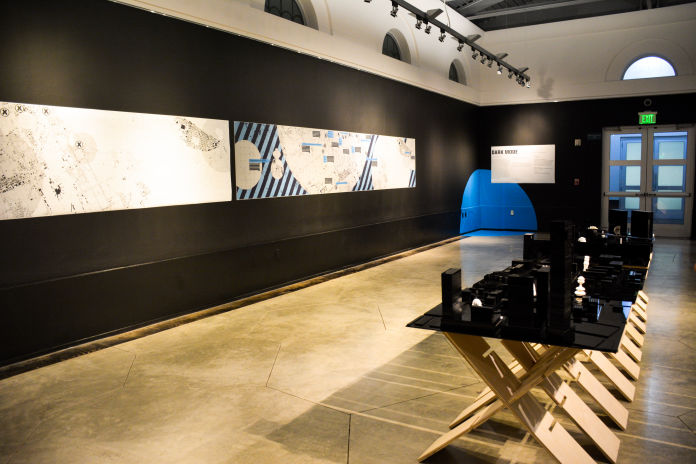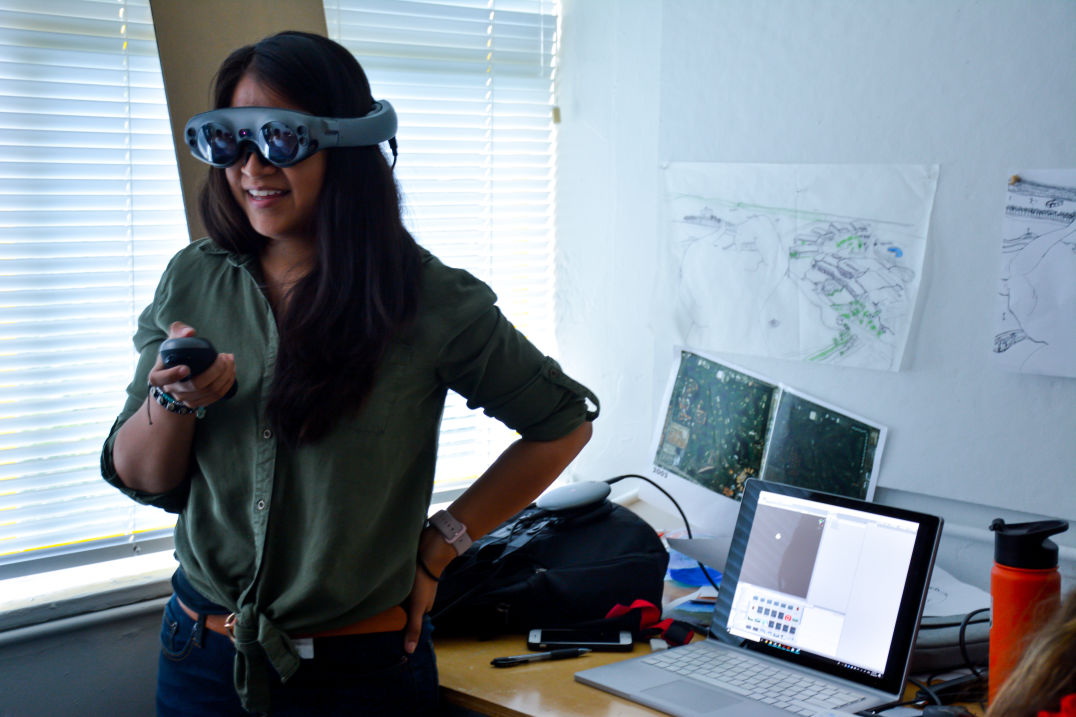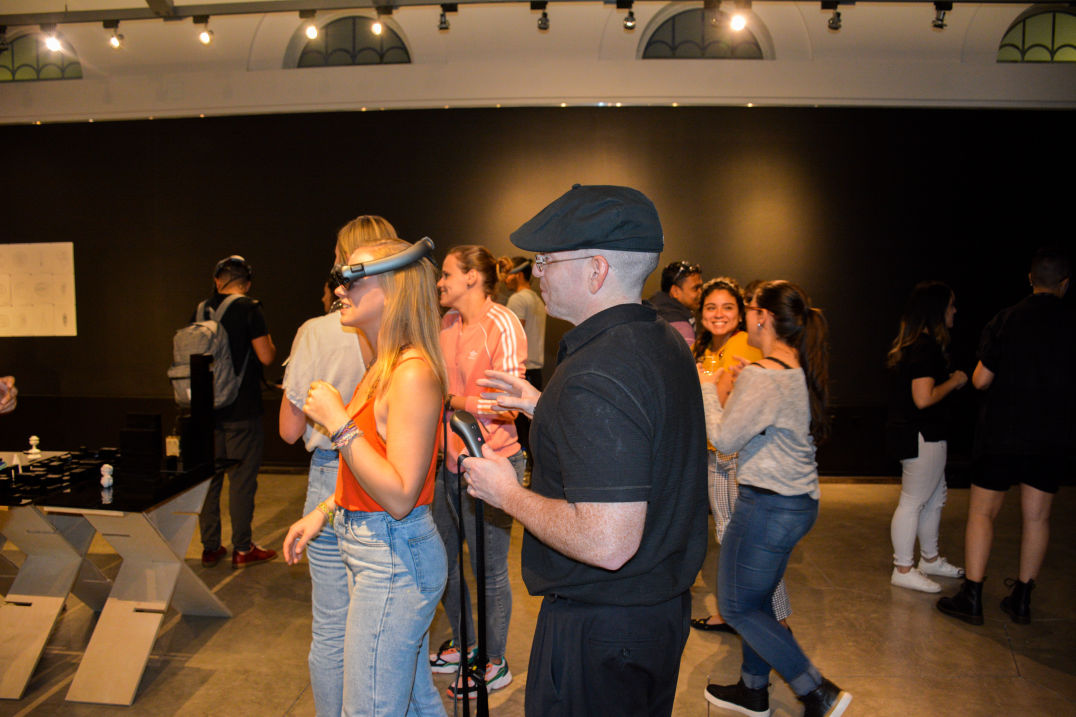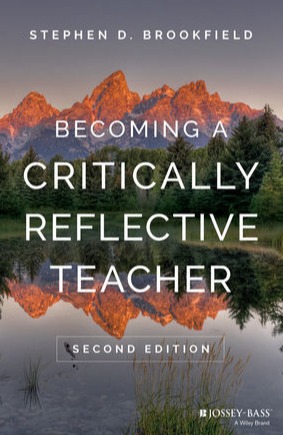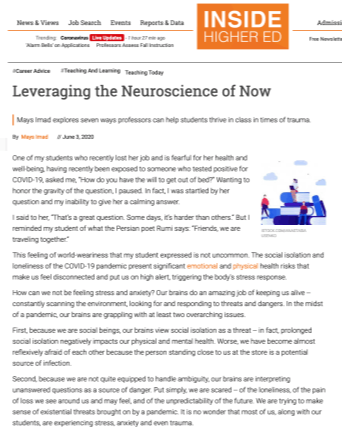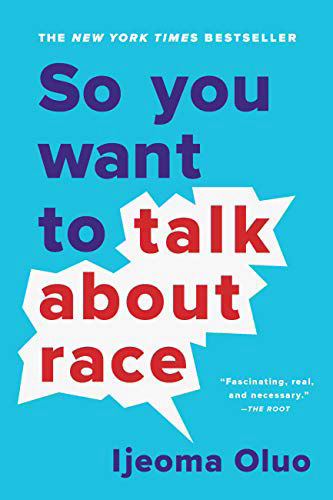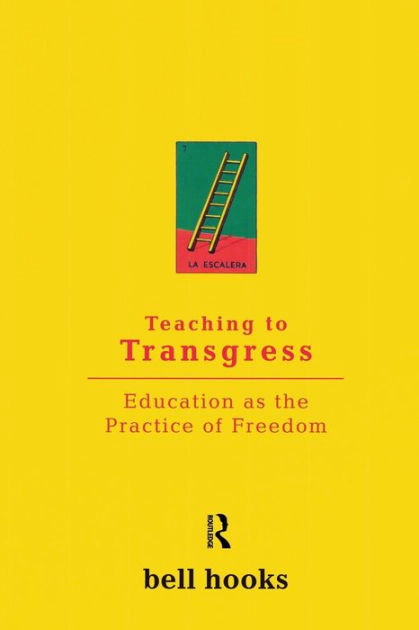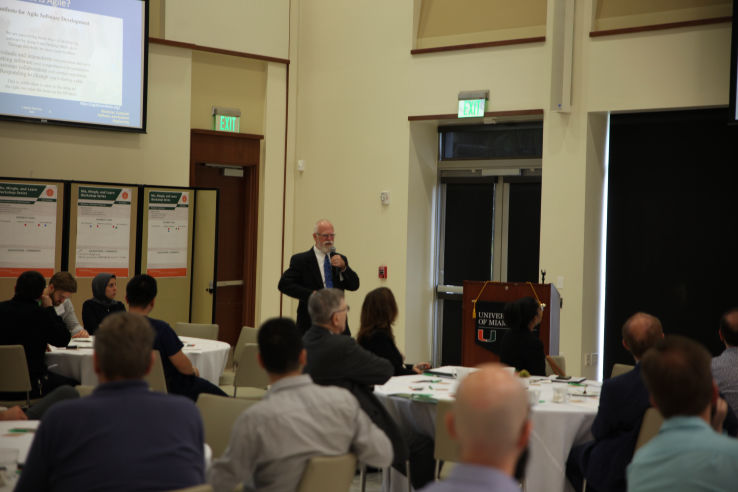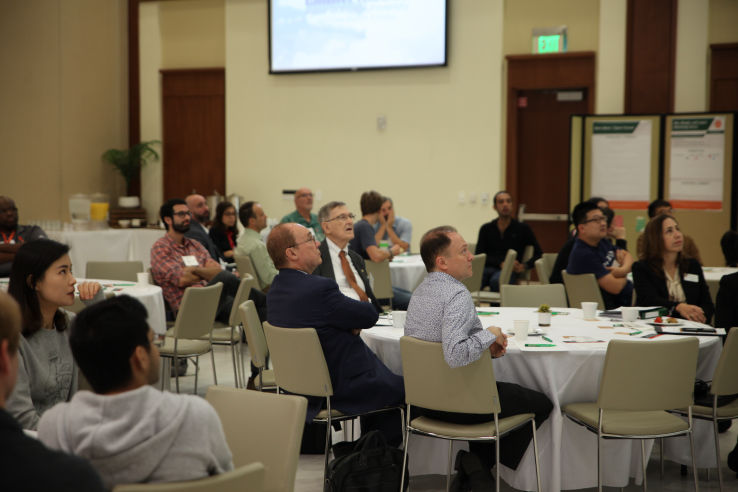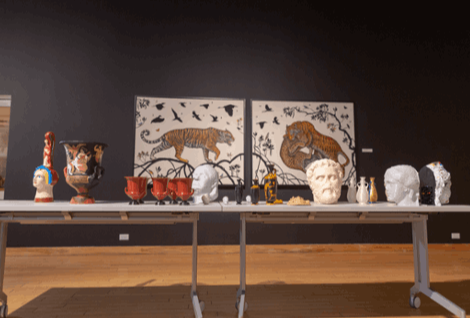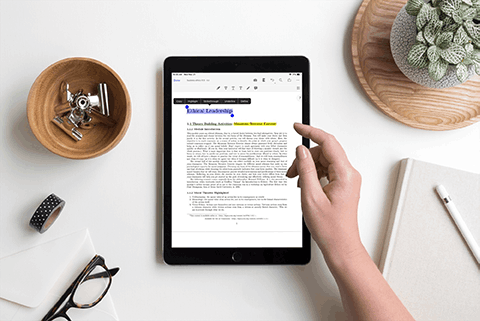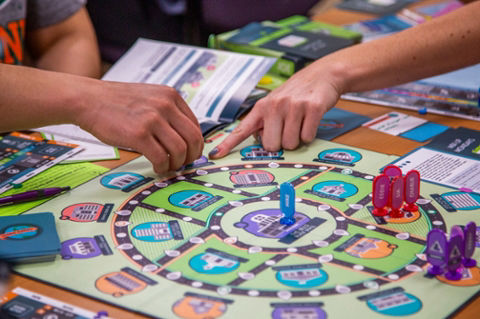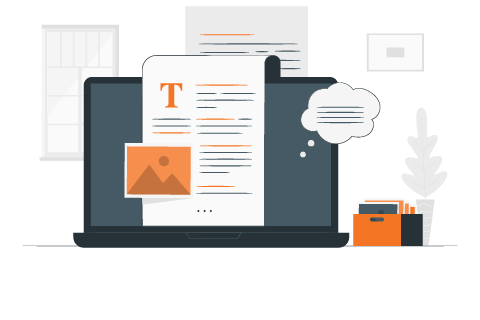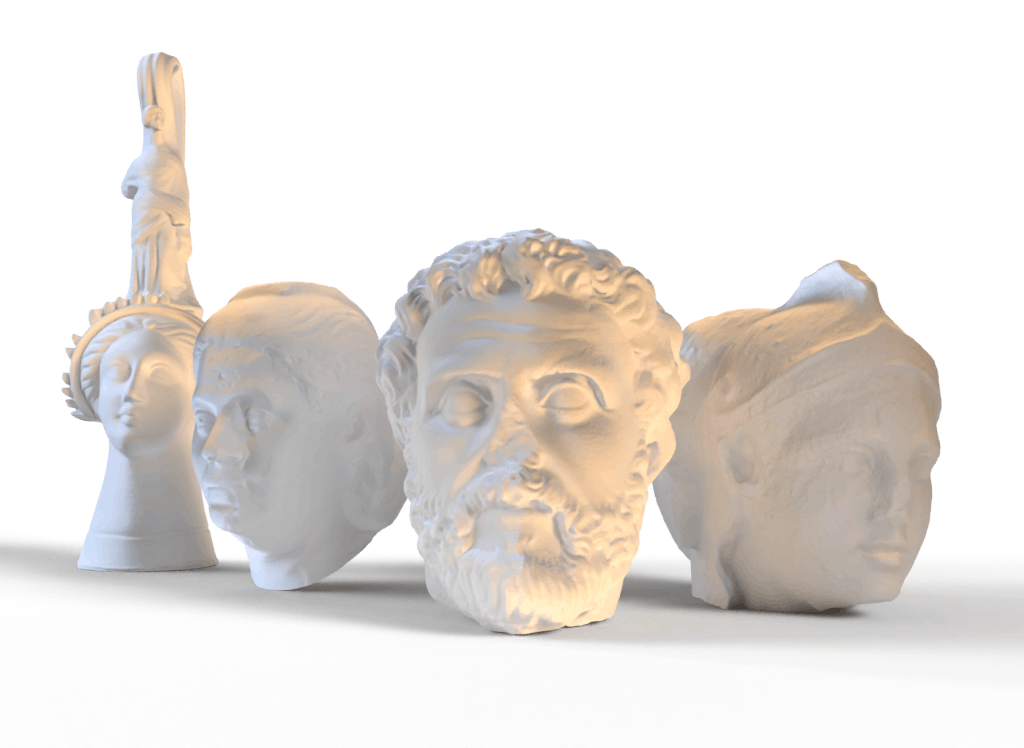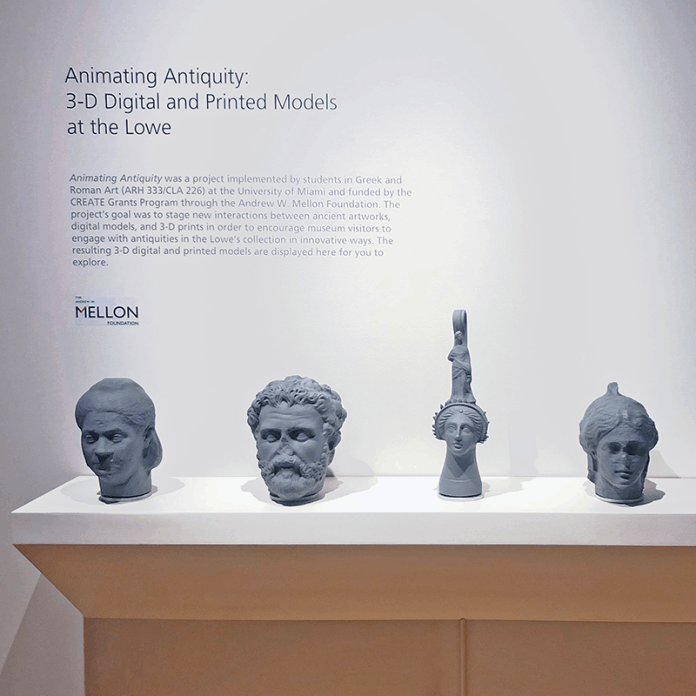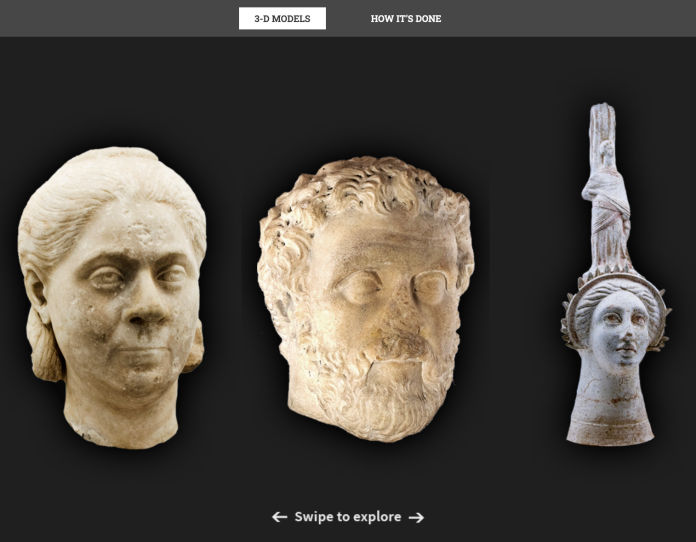Larissa Ramos, English Composition
Spring 2019, English Composition I (ENG105)
The focus of this FLC project was the development of a 360 Virtual Reality Tour Assignment using Google's Tour Creator application. The assignment was introduced in a STEM English Composition class within the College of Arts and Sciences. The assignment invited students to create and guide an audience through a step-by-step virtual ‘tour’ of their favorite public space to visit (locally, nationally, or internationally). This required students to research the culture and history of the selected location and develop a digital story-line using 360 images and writing tailored to the needs of a peer audience. Students added audio narration and sounds to accompany the images and descriptions and peer evaluated at least two tours. By watching and evaluating each other’s virtual tours, students learned about each other's cultural backgrounds and benefited from the opportunity to share their cultural history with their peers. For instance, several students chose to showcase historic sites from their home countries, ranging from China, Nepal, Peru, and the U.S. Additionally, this exercise challenged students to think strategically about the relationship between media, text, virtual reality in story-telling, within a global context. Students wrote a two-page reflective paper about the strategic choices they made in constructing their tour, from selecting their site to guiding the peer and public viewer through multiple points within the tour, to engaging and sustaining reader/viewer interest from beginning to end. The assignment facilitate students' development of logical reasoning and coherence in story-telling, cultural intelligence, written and digital rhetoric, and encourages them to develop or enhance a global mindset. This project was presented at the 2019 Faculty Showcase, and the 2020 Annual International Conference for Association for Business Communication.
Jennifer Britton, Psychology
Fall 2019, Cognitive Neuroscience (PSY605)
This FLC project focused on exploring ways to teach neuroanatomy through visualizations tools and virtual, or augmented reality in a graduate-level Cognitive Neuroscience course taught in the Fall 2019 semester. During the Spring 2019 semester, augmented reality ‘experiment-based’ learning exercises were first piloted within the PSY290 Research Methods course, to gather feedback from students about their impact in preparation for the Fall semester. Within PSY605, a series of classroom exercises were introduced to allow students to discover and decompose the cognitive processes that are involved in real-world examples, rather than focus on each neural system in isolation. Using the iPad application (Human Anatomy Atlas) 3D visualizations were used to demonstrate visualizations of human anatomy to clarify concepts to students. One mobile AR exercise was introduced and involved using Google Translate, which capitalizes on voice recognition, word translation and augmented reality, to illustrate principles of language. During another in-class session, in collaboration with the Creative Studio, students explored top-down information processing, decision-making, and social discovery. Students engaged with three ‘stations’ - a VR station, an AR/mixed reality station, and a reality/reflection station in the Faculty Exploratory. As a group, students engaged in a virtual situation that is feared by individuals with anxiety disorders. Following the virtual experiences, they discussed the different systems that are engaged in completing common everyday tasks and explored how these functions are altered by culture and disease (e.g., dual language learners, auditory processing disorder, anxiety disorders).
Victor Milenkovic, Computer Science
Fall 2019, CSC529/629 Introduction to Computer Graphics
The focus of this FLC project involved expanding a virtual reality programming assignment, within course CSC529/629 Introduction to Computer Graphics, that involves illustrating the use of physically-based animations in VR, AR, and spatial computing. In the existing assignment, students program virtual balls bouncing off virtual objects in VR, viewable from a web-browser and with a Google Cardboard or other VR device. In the revised assignment, students continued the VR programming assignment, and also programmed a mobile, augmented reality animation, where they will see the balls bouncing off invisible walls and virtual objects in the real room, and finally, programming for the Magic Leap device, where balls bounce off and disappear behind real objects in the room and bouncing off the real walls. This three-part assignment aimed to introduce students to the various aspects of virtual reality, augmented reality, and spatial computing, and how physically-based animations react to each environment. This project was implemented in the Fall 2019 semester, in partnership with undergraduate and graduate assistants. A one-credit practicum CSC403 course was also created in parallel to CSC529/629 on Magic Leap programming. As a result, one of the students, Dylan Aron, worked on a project in the course CSC411, Computer Science Project Implementation, during Fall 2020, designed and implemented a Magic Leap game "Veggie Samurai."
Brendan Balcerak Jackson and Magdalena Balcerak Jackson, Philosophy
Fall 2019 - Spring 2020: Philosophy of Mind (PHI 344), Metaphysics (PHI 345), Mind and Language (PHI 541/641), and The Phenomenological Tradition (PHI 583/683), Immersive Experience and Virtual Reality (PHI 359)
FLC fellows, Brendan Balcerak Jackson, and Magdalena Balcerak Jackson worked towards the creation of a multimedia classroom and learning space in the Department of Philosophy, including an immersive reality station with virtual reality headsets, experiences, and a gaming computer. Since 2017, Brendan and Magdalena have focused on developing immersive and project-based teaching in several undergraduate and graduate philosophy courses. In particular, they explored ways to increase time and opportunities for philosophy students to engage with virtual and augmented environments in the context of learning about fundamental ideas and arguments in the philosophy of mind, metaphysics, epistemology, and value theory. In Spring 2020, Magdalena and Brendan co-taught a new course, PHI 359 - Immersive Experience and Virtual Reality, about the philosophy and psychology of VR/AR; this course employed immersive and augmenting technologies extensively in classroom activities and assignments. The course, PHI 344 - Philosophy of Mind was also re-designed to include a unit on virtual and augmented reality. Other courses, such as PHI 345 - Metaphysics, PHI 541/641- Mind and Language, and PHI 583/683 - The Phenomenological Tradition, included individual exercises and projects on immersive realities and technologies. The creation of a designated space aimed to support these in-classroom experiences, and invite department colleagues to use this technology to enhance their teaching.
